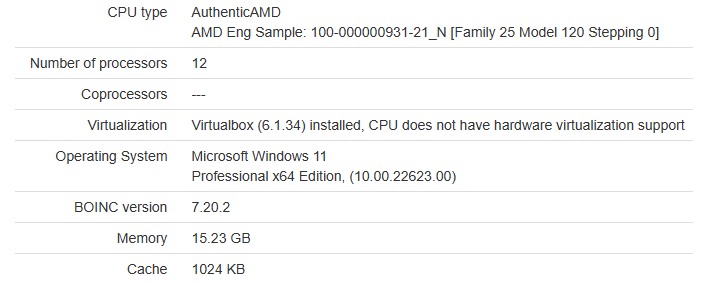AMD's Phoenix APUs were
just announced back at CES, and will be finding their way into laptops any day now. These processors come in a variety of configurations but they can sport up to eight Zen 4 cores and up to
twelve RDNA 3 compute units along with a specialized AI processors all in a monolithic 4nm package.
Well apparently, there will also be a "Phoenix 2", and rather than being a straight successor to the original as the name would imply, it seems to be a "fork" of the design focused on lower-power applications. It has far fewer cores and
a much smaller GPU, but the biggest change compared to the original recipe is the implementation of a hybrid architecture almost-but-not-completely like
Intel's design.
We say that because where Intel's hybrid CPUs use two
different processor architectures for the "big" and "little" cores, AMD is supposedly using Zen 4 in both cases. As we understand it, the CPUs have the same capabilities in terms of instruction set, and differ merely in performance, particularly in terms of clock rate.
Phoenix 2 is supposed to include just two full-fat Zen 4 CPU cores, while another four Zen 4C cores serve as low-power processors for background tasks. The RDNA 3 GPU has been cut back from six WGPs (12 CU) to just two (4 CU), and the TDP apparently drops from "35W+" to a maximum of 28W.
All of this information was leaked late last year, but we didn't cover it then because there was no real confirmation that this chip existed beyond leaks. Now we have the first data point in the wild that would seem to be a Phoenix 2 processor. A result at Rensselaer Polytechnic Institute's MilkyWay@home distributed computing project for an "AMD Eng Sample: 100-1000000931-21_N" with CPUID value A70F80 matches the earlier leaked value for Phoenix 2, and so do the listed specifications.
This more-or-less confirms the existence of Phoenix 2, but there's still a lot we don't know about its capabilities and why it exists. Presumably, it should be a significantly smaller chip than its bigger sibling, and the single-threaded performance could be extremely similar. As for multi-core, we don't know yet what changes have been made to Zen 4 to create Zen 4C, and we also don't know what kind of clocks the "C" cores will hit.




